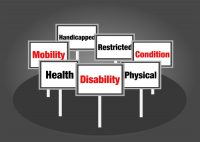The return of the quarterback evangelist
With the NBA and the NHL heading into the playoffs and Major League Baseball’s 2015 season underway, one might think that the NFL would have a hard time breaking onto page 1 of the sports section these days. (For younger readers, that was a reference to something we used to call a “newspaper.”) Not so! […]








